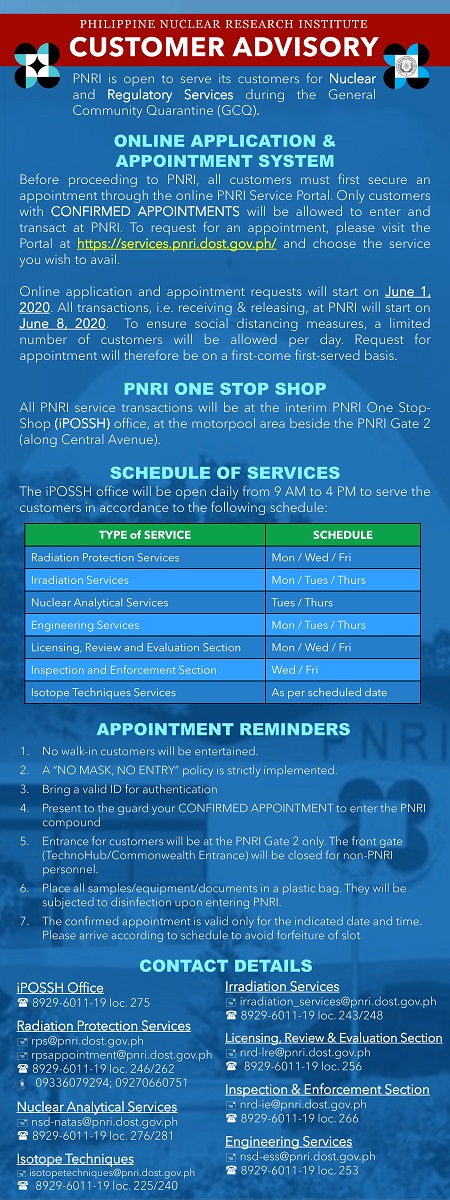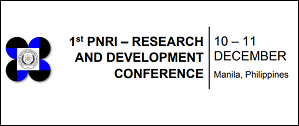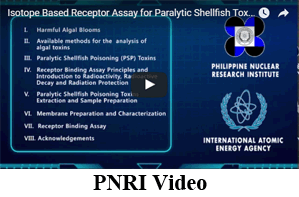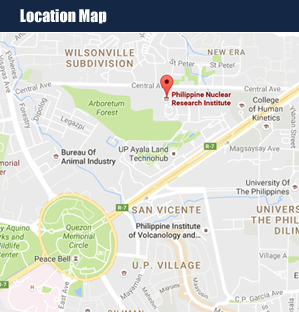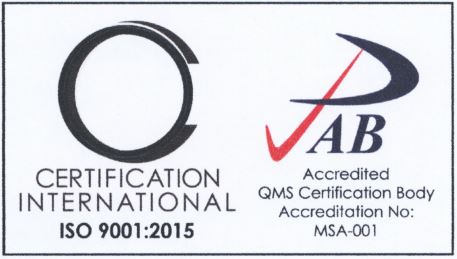Educators in Asia-Pacific Region Train the Trainers on Nuclear S&T for High School
- Details
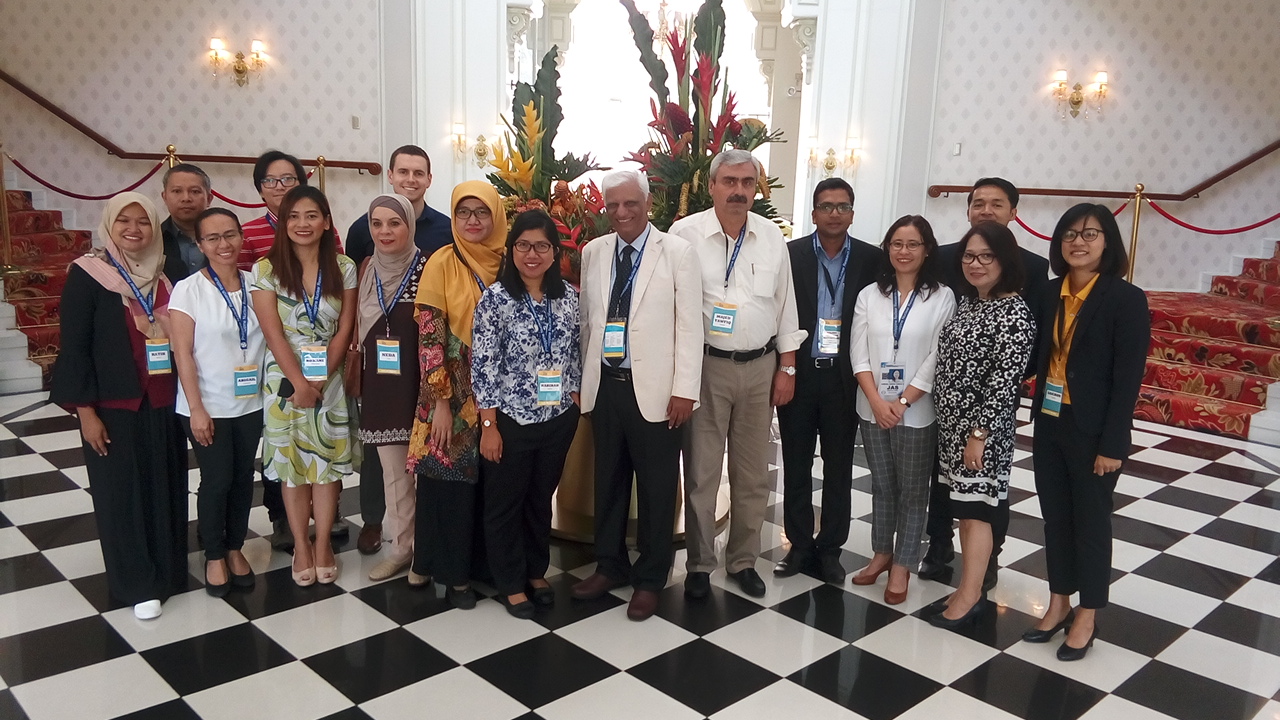
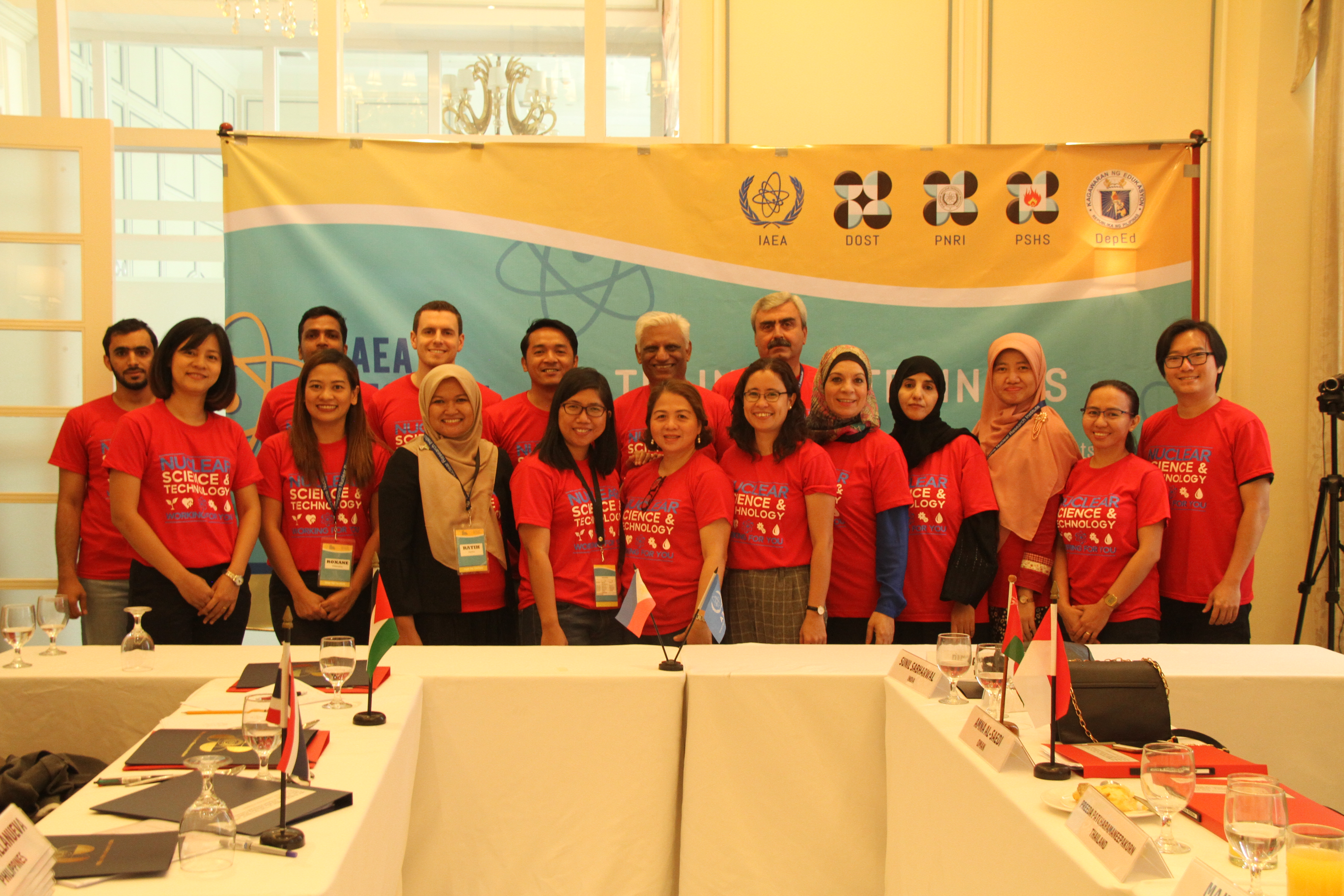
IAEA experts and participants of the IAEA Regional Workshop – Train the Trainers at the Rizal Park Hotel, Manila, Philippines
Educators in Asia-Pacific Region Train the Trainers on Nuclear S&T for High School
Leading science educators from countries across the Asia-Pacific region met with experts from the International Atomic Energy Agency (IAEA) to spearhead the teaching of nuclear science and technology in secondary schools through the training of science teachers in innovative academic as well as extracurricular approaches.
The IAEA Regional Workshop – Train the Trainers was held at the Rizal Park Hotel from May 20 to 24, with representatives of education ministries and nuclear agencies from Indonesia, Jordan, Malaysia, Oman, Sri Lanka, Thailand and Philippines.
Among the IAEA experts are Ms. Micah Pacheco, Regional Science Supervisor of the Department of Education - National Capital Region (DepEd-NCR), Dr. Sunil Sabharwal of India, formerly a technical officer for the IAEA, Mr. Dimas Irawan of the National Nuclear Energy Agency of Indonesia, and Dr. Dave Grabaskas of the Argonne National Laboratory in the USA.
Beyond the technical aspect of nuclear science, such as the basics of atomic structure, radiation concepts and nuclear safety, the workshop also aims to make the teaching of nuclear science more fun and relatable to the youth. These include formulating classroom and extracurricular activities, as well as using modern media and technology as tools to communicate to students.
The participating educators also performed teaching demonstrations to show the actual integration of nuclear science with various topics of their expertise, such as in chemistry, physics, biology, and earth science, among others.
The regional workshop was hosted by the Department of Science and Technology - Philippine Nuclear Research Institute (DOST-PNRI) under IAEA Project RAS0079 on Educating Secondary Students and Science Teachers on Nuclear Science and Technology.
DOST-PNRI has signed Memorandums of Understanding (MOUs) with DepEd and the Philippine Science High School (PSHS) for implementing the project among secondary schools in the Philippines.
IAEA Regional Workshop on Non-Destructive Testing (NDT)
- Details
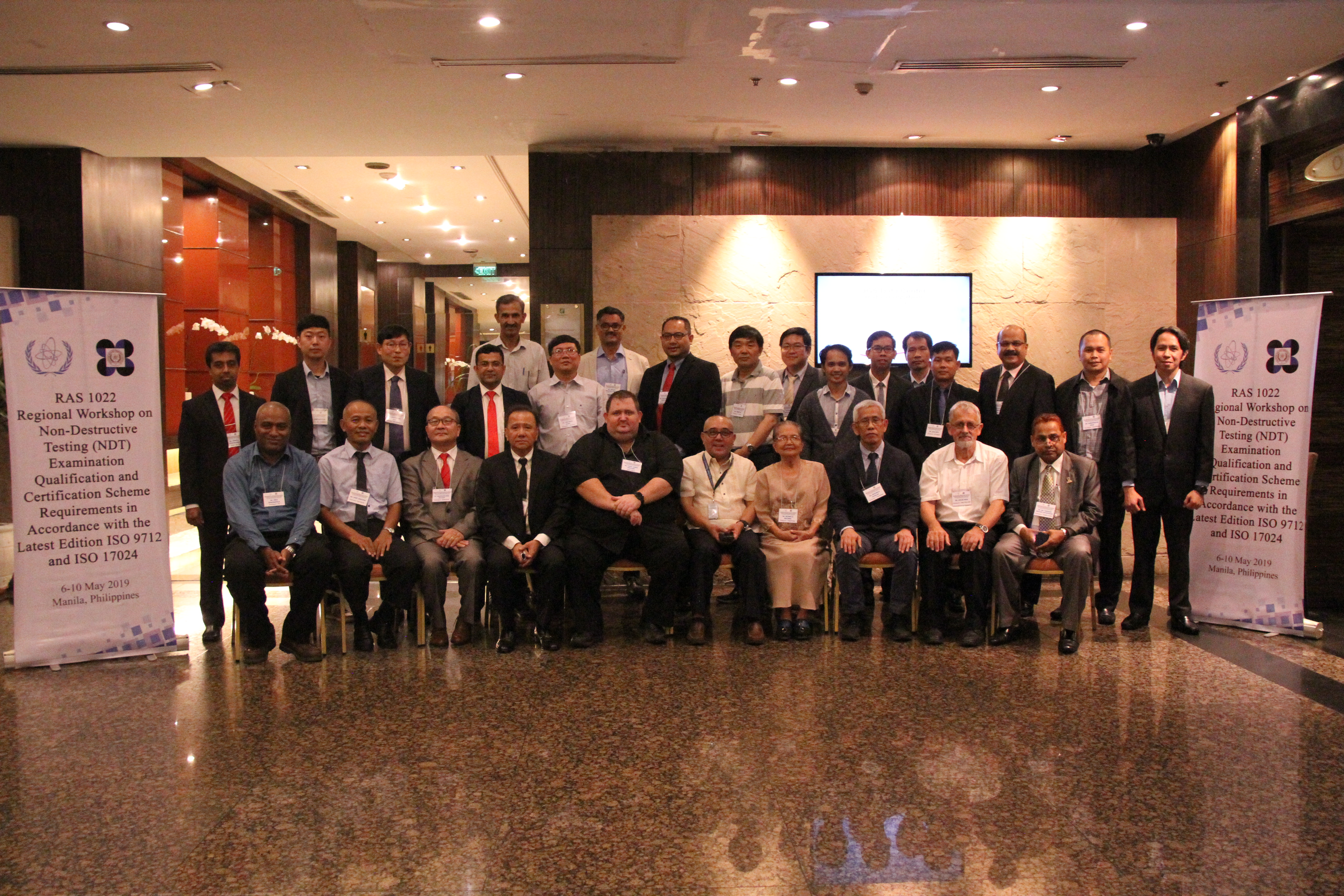
The Department of Science and Technology - Philippine Nuclear Research Institute (DOST-PNRI) hosted the International Atomic Energy Agency (IAEA) Regional Workshop on Non-Destructive Testing (NDT) Examinaton Qualification and Certification Scheme Requirements in Accordance with the Latest Edition ISO 9712 and ISO 17024 at the Crowne Plaza Manila Galleria on May 6-10, 2019.
The event was attended by 20 foreign participants and 5 local representatives from PNRI NDT Team, Phil-NCB and PSNT.
8 Out of 10 Vinegar Brands Synthetic, “Fake”, Isotope Studies Show
- Details
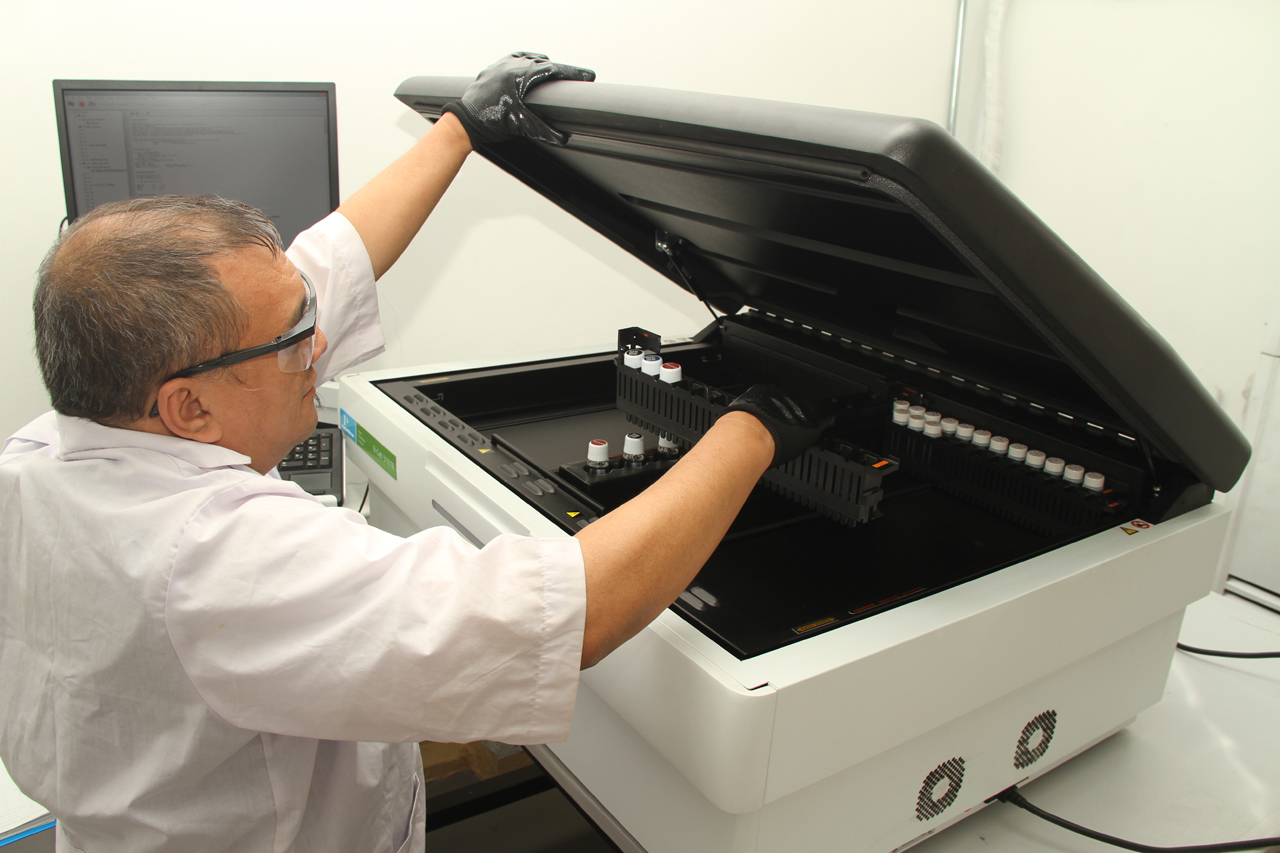
A PNRI researcher conducting analysis of vinegar samples using the liquid scintillation counter
8 Out of 10 Vinegar Brands Synthetic, “Fake”, Isotope Studies Show
Recent studies on hundreds of vinegar samples in the Philippines showed that most of these products are “fake” and not made from natural sources.
Researchers from the Department of Science and Technology – Philippine Nuclear Research Institute (DOST-PNRI) used isotope-based analytical techniques to determine that from more than 360 samples of vinegar in the Philippines, 8 out of 10 are made from synthetic acetic acid.
“Condiments usually undergo the process of fermentation, and the raw materials must come from fruits and other natural products,” said Mr. Raymond Sucgang, Section Head of the PNRI Nuclear Analytical Techniques Applications Section.
His team’s research project distinguishes vinegar and other condiments from natural or plant-based sources from those which are derived from petroleum-based sources.
“One can only imagine all the impurities and residues from the petroleum by-products, which can be the source of various degenerative diseases,” said Mr. Sucgang.
Isotope techniques help to detect the adulteration in vinegar through radiocarbon assay using carbon-14. The natural vinegar coming from plants will have traces of carbon with natural radioactivity, unlike those made from synthetic raw materials.
The results of the vinegar studies are being submitted to the Food and Drug Administration (FDA), and will hopefully serve as a basis for the development of a new Vinegar Standards of the Philippines.
PNRI researchers are also developing isotope analytical techniques for use in detecting synthetic by-products in other condiments such as ketchup, fish sauce or patis, and soy sauce or toyo. State-of-the-art equipment such as the liquid scintillation counter and the isotope ratio mass spectrometer will be used to study the isotope composition of these condiments, particularly carbon-13 and nitrogen-15.
Meanwhile, the Institute continues to open its services to customers from various sectors on the use of its nuclear analytical techniques for their products. PNRI’s analytical laboratories and services are certified under ISO 17025:2005 and under ISO 9001:2015.
Read More: FDA sets crackdown on traders of fake vinegar (from Manila Standard)
PNRI Scientist Awarded as DOST Woman Leader During Women’s Month
- Details
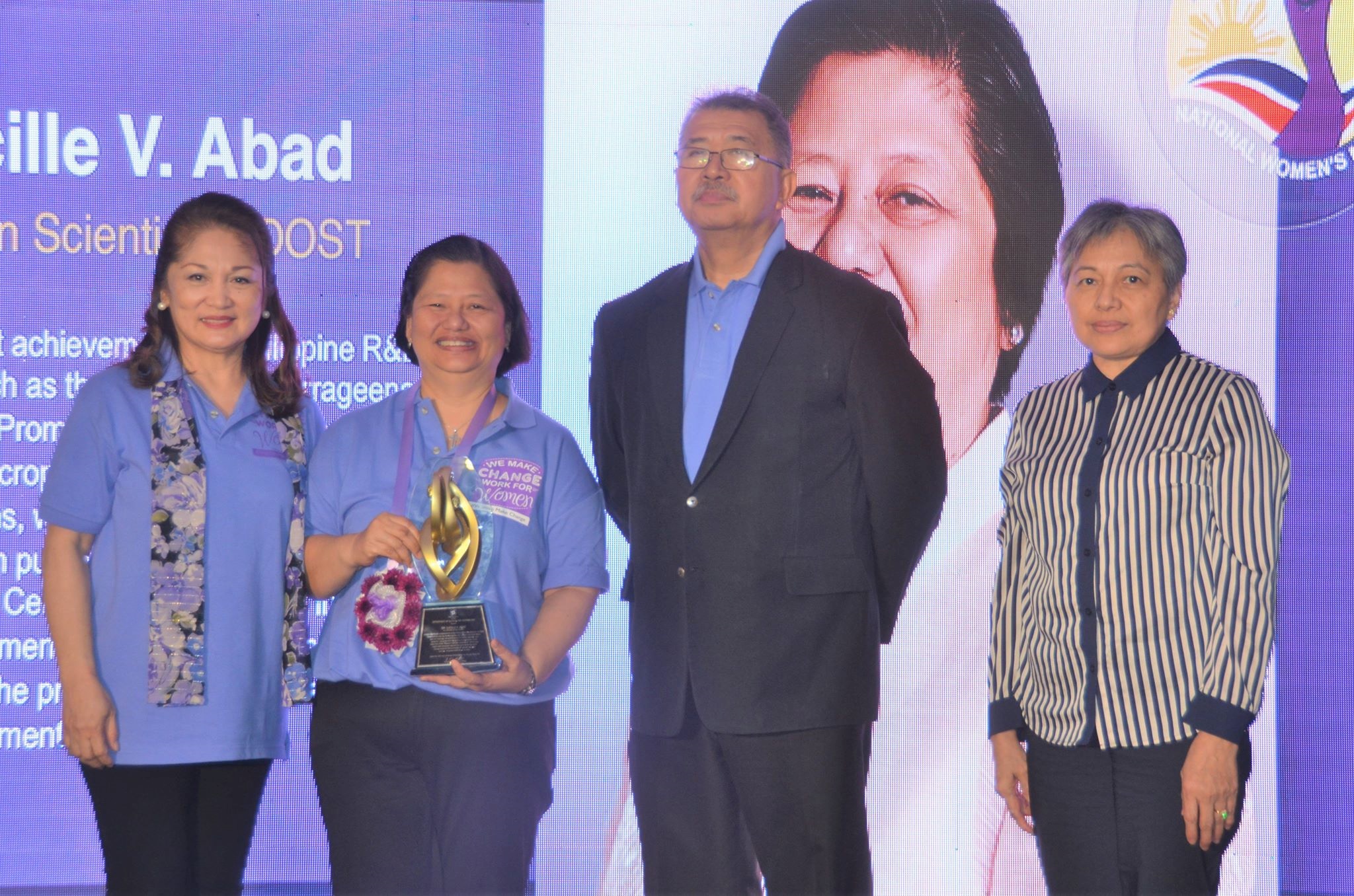
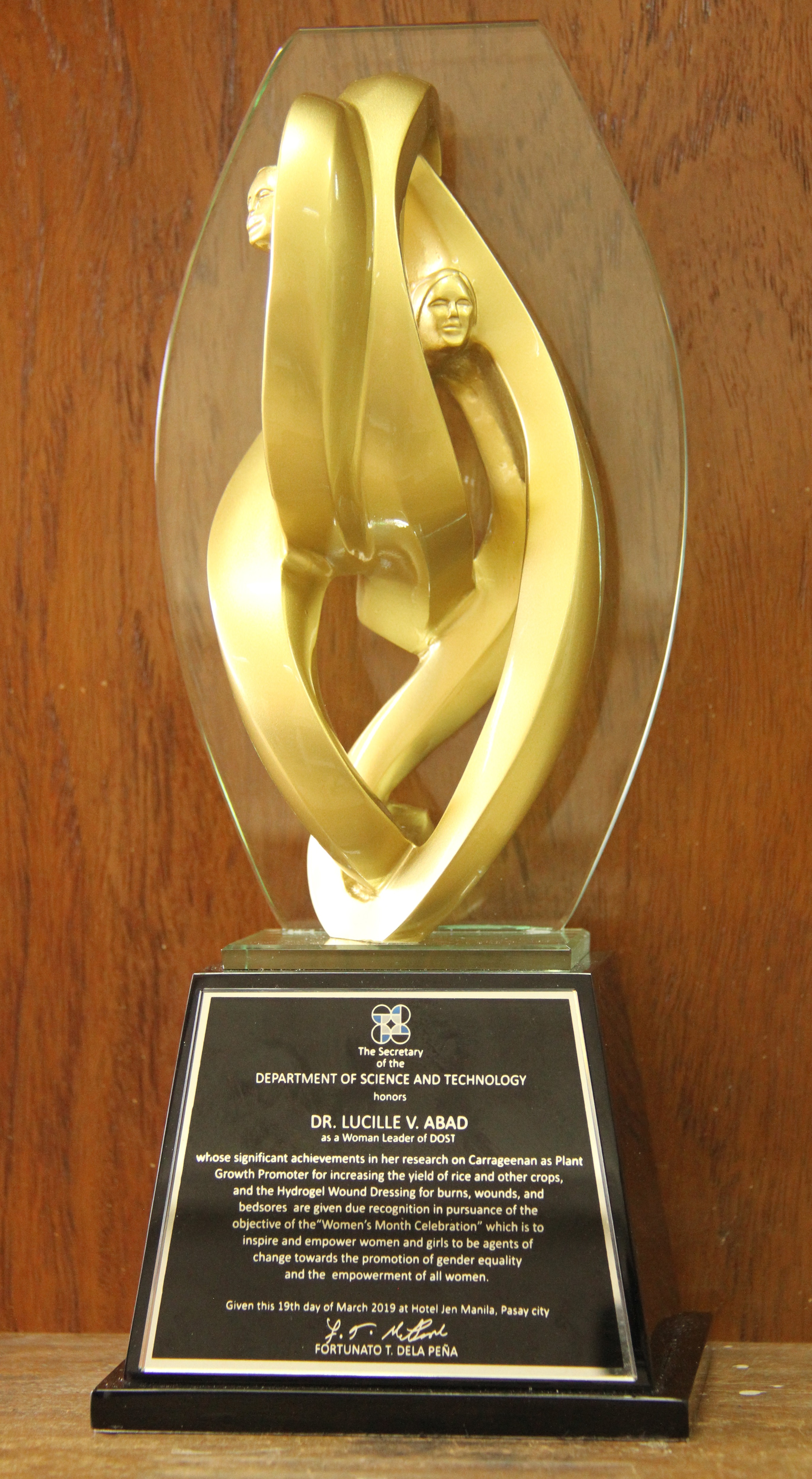
PNRI Scientist Awarded as DOST Woman Leader During Women’s Month
PNRI Scientist and Atomic Research Division Chief Dr. Lucille Abad (2nd from left) was among several awardees acknowledged as Women Leaders of the Department of Science and Technology (DOST) during the Women's Month Celebration on March 19 at the Hotel Jen Manila, Pasay City.
The award was presented by DOST Secretary Fortunato De La Peña (2nd from right), DOST Undersecretary for Scientific and Technical Services Dr. Carol Yorobe (extreme right) and Director Elizabeth Fontanilla of the DOST Administrative and Legal Service (extreme left).
Dr. Abad is a Career Scientist II under the Scientific Career System, and a Civil Service Commission Dangal ng Bayan Awardee. A specialist in radiation chemistry, she served as lead country and national project coordinator for various projects by the International Atomic Energy Agency (IAEA) involving radiation processing for agricultural, industrial and medical purposes.
She was previously the head of the PNRI Chemistry Research Section, and among her major R&D projects are the Carrageenan Plant Growth Promoter for increasing the yield of rice and other crops, and the Hydrogel Wound Dressing for burns, wounds and bedsores.
The National Women's Month celebration every March is part of the worldwide celebration of International Women's Day every March 8.
With selected photos from DOST-Science and Technology Information Institute















